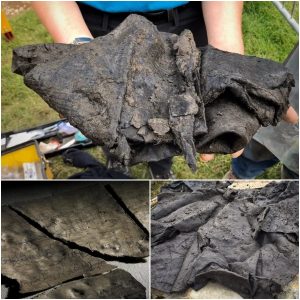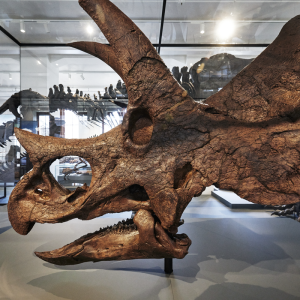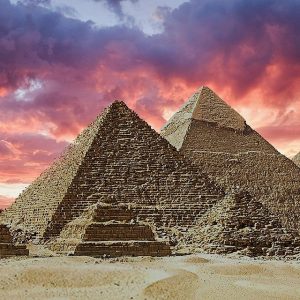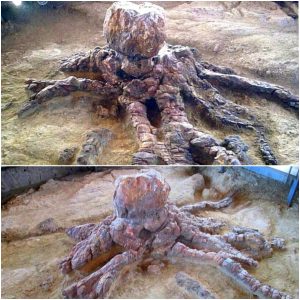The unexpected revelation of an unknown civilization has caused shockwaves that reverberate through the scientific community, causing not only surprise but also genuine concern among researchers. The suddenness of this discovery has upended established narratives of human history, leaving scientists intrigued and unsettled by the profound implications that accompany this revelation.

Unearthed with an abruptness that defies comprehension, this mysterious civilization challenges the very foundations of our understanding of cultural evolution and social development. The terror that grips scientists arises from the realization that an entire civilization, with its history, advances, and perhaps even unique challenges, has remained hidden from our collective consciousness for an indeterminate amount of time.

The urgency to understand the meaning of this newfound society has ignited a fervent pursuit of knowledge, marked by a simultaneous sense of restlessness and excitement. Researchers find themselves at the nexus of fear and curiosity, forced to confront the unknown and unravel the secrets hidden within the artifacts, structures, and remains of this enigmatic civilization.
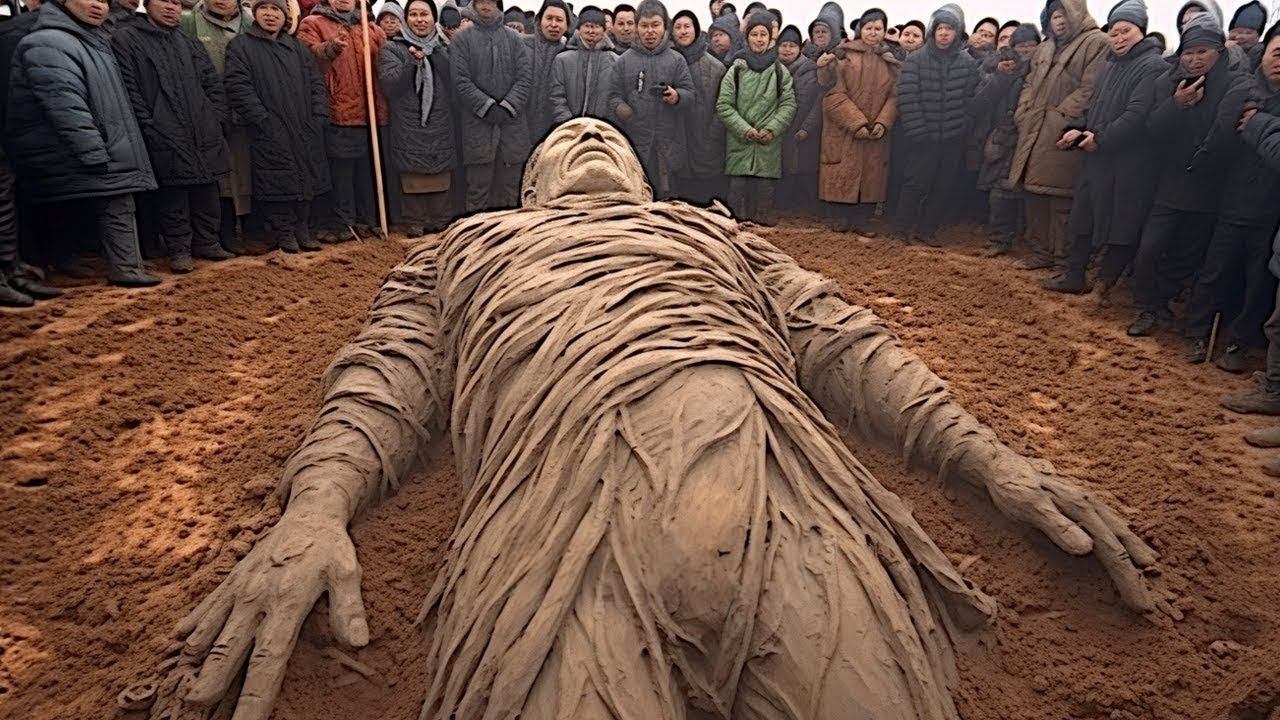
The fear that this revelation instills is not simply a reaction to the unexpected; it is a reflection of the profound impact this discovery has on the very essence of our understanding of the human journey. As scientists grapple with the implications, they face a double challenge: overcoming fear of the unknown and accepting the limitless possibilities and uncertainties presented by this newly discovered civilization.

The enormity of this discovery prompts contemplation not only of the specific civilization in question but also of the potential existence of other undiscovered societies, hidden beneath layers of time and geography. The quest for knowledge becomes a journey into uncharted territory, an adventure into realms where the familiar boundaries of history and archaeology become obsolete.
In this climate of uncertainty, the scientific community is called to navigate uncharted waters, face its fears, and discover the secrets hidden beneath the surface of this unexpected revelation. The journey to the heart of this unknown civilization is not only a quest for historical understanding but a testament to the resilience of human curiosity in the face of the terrifying beauty that discovery can reveal.
